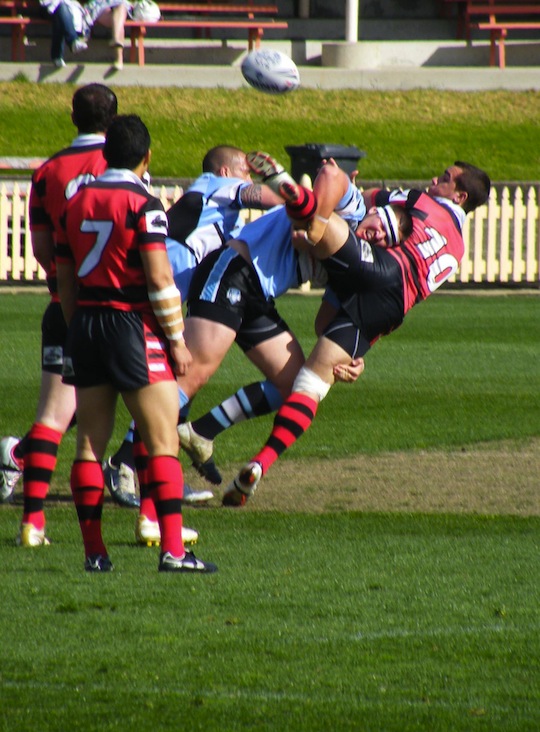My Athletes Are Getting Jacked!
Posted on 07. Jun, 2011 by The Sports Physiotherapist in Blog
“Performance Improving” Supplements
As a team physiotherapist I am frequently asked by my athletes do I know about the latest in dietary, workout or “get huge/play like superman” supplement. What is in it, what does it do, and how much can I take before an alien busts out of my chest? Firstly, I make the statement that I am not an expert dietitian or nutrionist (not even close). Additionally, these new different supplements seem to come out so fast it is exceptionally challenging to keep up with either the “proposed” or “proven” mechanisms of action. So what should we do…?
Knowledge is Power!
You may have different beliefs, but I feel that is important you have a good understanding of any kind of supplement that your athletes are using. Frequently, as the sports physiotherapist of the sporting club you are the only medical professional involved in their care. Thus, you have a duty of care to ensure that they are undertaking safe health practices. Whilst there are obvious exceptions, you should have a grip on what your guys are using before they take the field.
So… What’s in this Gear?
As an example to illustrate my point, some of the athletes I look after have taken to using Jack3d prior to competition. Whilst I would like to assume that they are using it in the recommended dose, I think that they were in the mindset “more is better”. Unfortunately, the following active components have reportedly had negative effects when consumed excessively:
- Caffeine: including nervousness, irritability, anxiety, tremulousness, hyperreflexia, insomnia, headaches, respiratory alkalosis, and heart palpitations (Leson et al., 1988).
- Creatine: increased asthmatic symptoms, affected liver and kidney function (Poortmans and Francaux, 2000).
- 1,3 dimethylamylamine (also known as methylhexanamine or DMAA): on the World Anti-Doping Agency’s prohibited list (World Anti-Doping Agency, 2009). This compound is structurally similar to amphetamine, which may account for its similar actions (Rohrmann, 1944). Unconfirmed side effects include headache, nausea, and (apparently) stroke.This has obvious implications and MASSIVE CONSEQUENCES for certain athletes!
After learning this information I can confidently suggest to the athletes using the supplements that using too much is going to inhibit not enhance their performance (lets not get into the efficacy of their positive action). In fact, I have seen the negative affects of using too much first hand in one of my athletes (most likely too much caffeine). However, if I knew nothing about the supplement I could not make any intelligent judgements on the supplements, and it would likely lead to performance-inhibiting behaviours.
I’d love to know what your experiences with these “performance enhancing” supplements are. Let me know by commenting below or via Facebook or Twitter.
References
Leson, CL; McGuigan, MA; Bryson, SM (1988). “Caffeine overdose in an adolescent male.”. Journal of Toxicology. Clinical toxicology 26 (5–6): 407–15.
Poortmans JR, Francaux M (September 2000). “Adverse effects of creatine supplementation: fact or fiction?”. Sports Medicine 30 (3): 155–70.
US 2350318, Rohrmann, Ewald, “AMINOALKANES”, issued May 30, 1944
WADA 2010 Prohibited List, World Anti-Doping Agency, Monday, 19 September 2009
You Might Also Be Interested In








